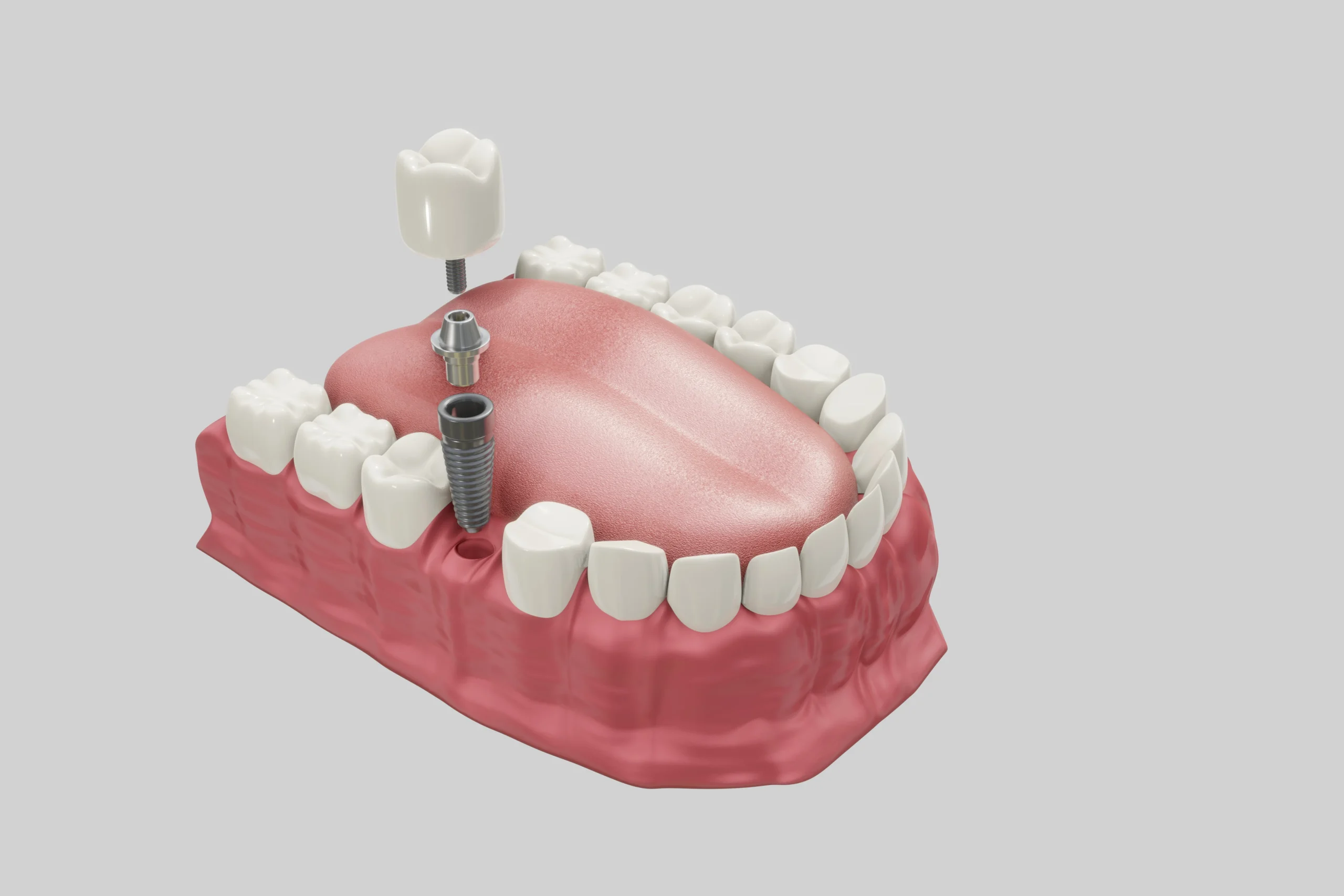Root canal treatment is a common dental procedure to save an infected or severely decayed tooth. While some dental issues may be resolved with conservative treatments, certain signs indicate needing a consultation with a dentist in Indore. Recognizing these signs early can help prevent further complications and preserve oral health.
- Persistent Tooth Pain: Persistent or severe tooth pain, especially when chewing or applying pressure, can indicate an underlying infection or damage to the tooth’s pulp. The discomfort can manifest as throbbing, sharp sensations, or may be confined to a particular region of the mouth. If over-the-counter pain relief offers only temporary respite, seeking evaluation from a root canal specialist is imperative for proper assessment.
- Sensitivity to Hot or Cold: Sensitivity to hot or cold temperatures that lingers after the stimuli are removed can be a sign of nerve damage within the tooth. This sensitivity may indicate inflammation or infection of the tooth pulp, necessitating root canal treatment to alleviate symptoms and save the tooth.
- Swelling or Tenderness: Swelling or tenderness in the gums surrounding a tooth can be indicative of an underlying infection or abscess. The infection might result in a minor bump or swelling resembling a pimple on the gums. Neglecting treatment could result in the infection spreading to adjacent tissues, potentially leading to more serious complications.
- Discoloration of the Tooth: Discoloration or darkening of a tooth may signal internal damage or decay. While external staining can sometimes be addressed with cosmetic treatments, internal discoloration often indicates a problem with the tooth’s pulp that may require root canal therapy to resolve.
- Persistent Bad Breath: Chronic bad breath that persists despite proper oral hygiene practices may indicate an underlying dental infection, such as an abscessed tooth. The bacteria responsible for the infection can produce foul-smelling gases, contributing to halitosis.
If you experience any of these signs or symptoms, seeking prompt evaluation and treatment from a root canal specialist or dentist in Indore is crucial. Early intervention can prevent the need for more extensive dental procedures and help preserve your natural teeth for years to come. Regular dental checkups and proactive care are essential for maintaining optimal oral health and preventing dental issues.


